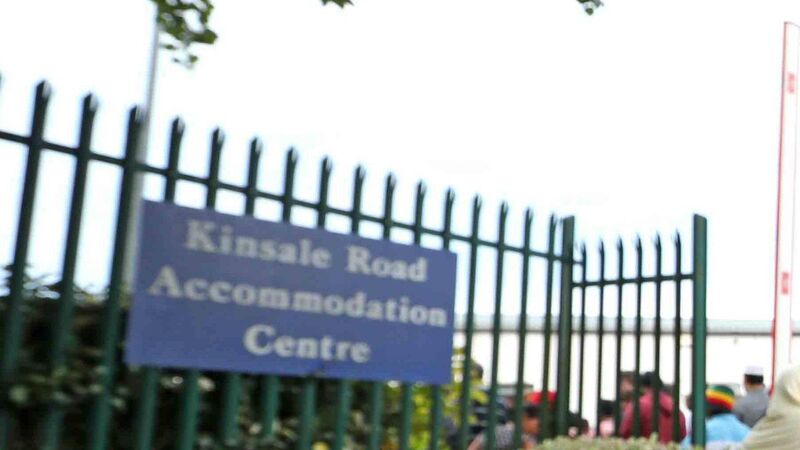Revised plan to overhaul direct provision to be presented to Cabinet next month

Prior to the war in Ukraine, the Government was working on ending direct provision by the end of 2024 and replacing the system with not-for-profit accommodation. Picture: Jim Coughlan.
A revised plan to overhaul direct provision is to be presented to Cabinet next month.
Integration Minister Roderic O'Gorman is to present a new white paper on ending the controversial system, just two years after the first plan was launched.














